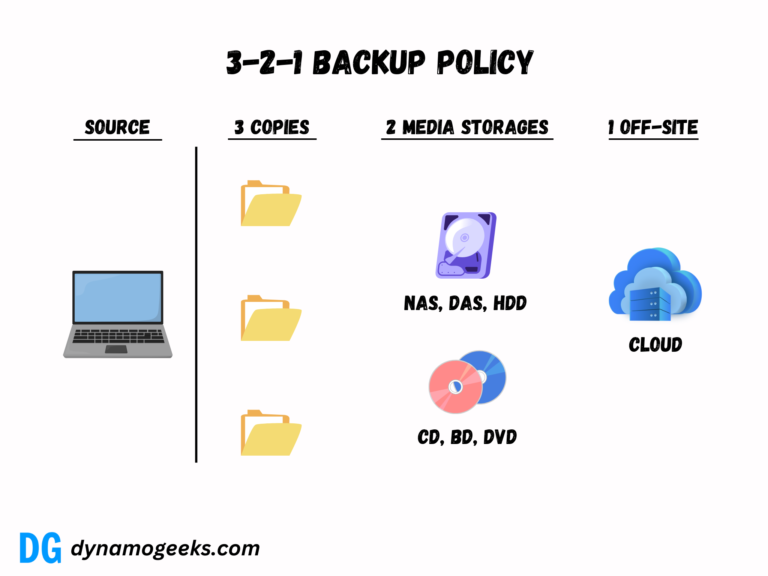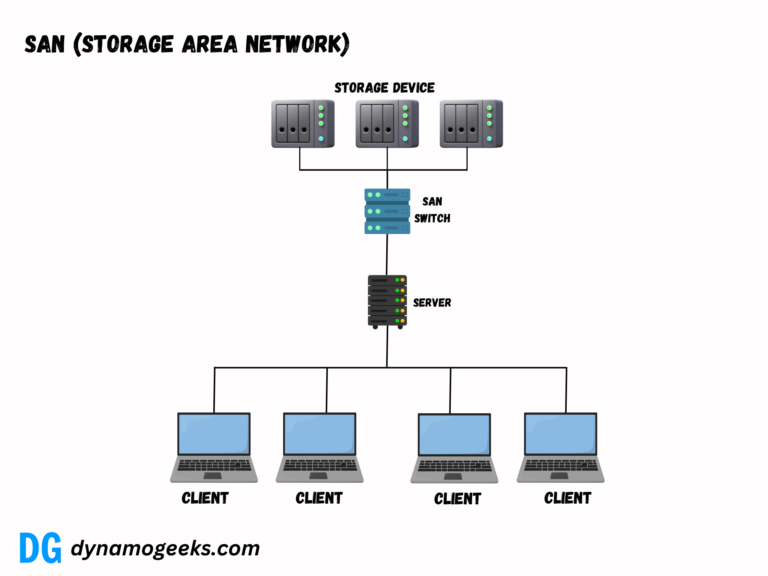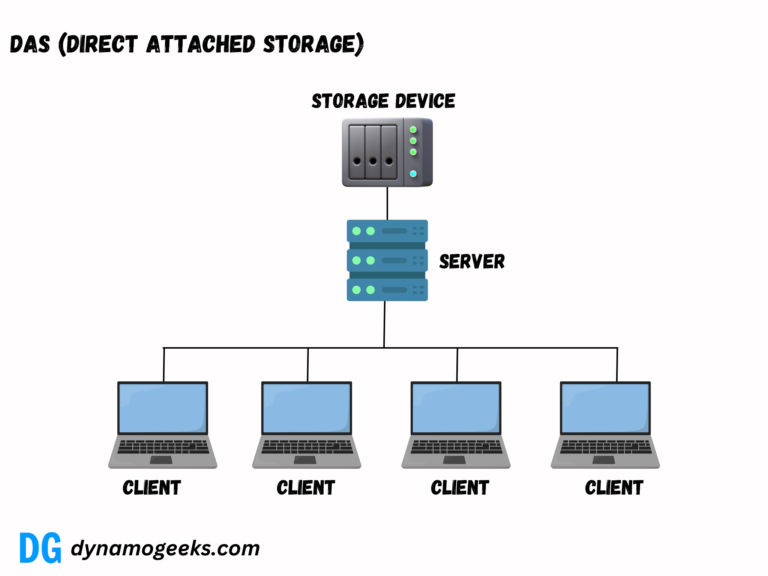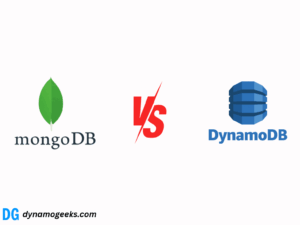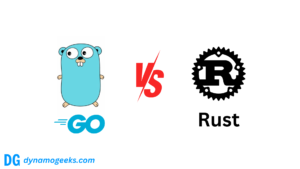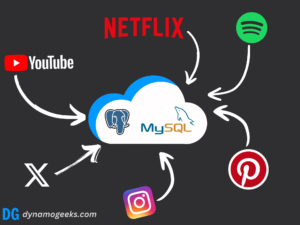Game development is a dynamic and multifaceted field, constantly adapting to new technologies and player expectations. Choosing the right programming language is crucial, as it not only affects the development process but also the final quality and performance of the game. In this blog post, we delve into the top five programming languages that are shaping the landscape of game development in 2024, offering a detailed examination of their strengths, weaknesses, and applicability in various gaming projects.
The world of game development is diverse, encompassing everything from mobile and PC games to console and web-based platforms. Each platform has its unique demands, influencing the choice of programming language. This article aims to guide both aspiring and experienced game developers in selecting a programming language that best fits their project’s needs, considering factors like ease of use, support for complex game mechanics, and integration with game development engines.
Understanding these languages’ roles in the current market will equip developers with the knowledge to make informed decisions, potentially shaping their careers and the success of their projects. Whether you’re just starting out or looking to refine your technical skills, this comprehensive guide will provide valuable insights into the programming languages essential for modern game development.
C++
C++ reigns supreme in the game development industry due to its powerful system-level capabilities. Known for its high performance and control over system resources, C++ allows developers to fine-tune their games for maximum efficiency.
Pros:
- High performance: Ideal for demanding games due to its speed and responsiveness.
- Mature ecosystem: Supported by various game engines and tools, including Unreal Engine and CryEngine.
- Large community: Extensive developer community and a wealth of learning resources.
- Control over hardware: Allows for fine control over hardware resources, which is crucial in game development.
Cons:
- Complex syntax: Steep learning curve, especially for beginners.
- Less memory safety: Prone to memory leaks and other bugs if not handled carefully.
- Longer development time: Low-level nature can lead to longer development times.
- Demanding management of resources: Requires explicit handling of memory and system resources.
Games: Fortnite, Pubg, GTA 5, Witcher.
Game Engine Support: Unreal Engine, Cry Engine.
Future Potential: Continues to evolve with updates that improve its capabilities and safety features.
Companies Using: Used by virtually all major studios, including Epic Games, Activision and CD Projekt.
Platform Support: Cross-platform capabilities supporting Android, IOS, Windows, Mac, Linux, and various gaming consoles.
C#
C# is beloved in game development circles for its ease of use and integration with Microsoft’s powerful Unity game engine. Its balanced approach between ease of use and performance makes it a favourite for both indie developers and professional studios.
Pros:
- Ease of learning: More straightforward than C++, making it accessible to beginners.
- Robust framework: Strong integration with Unity, a leading game development platform.
- Good performance: Efficient enough for most types of games.
- Large community: Extensive resources and community support.
Cons:
- Performance lag behind C++: Not as fast as C++, noticeable in resource-intensive scenarios.
- Limited control over hardware: Higher-level abstractions remove some fine control.
- Primarily reliant on Unity: Most effective when used within the Unity ecosystem.
- Garbage collection: This can cause occasional performance hitches during runtime.
Games: Call of Duty Mobile, Stardew Valley, Among Us, Hollow Knight.
Game Engine Support: Unity, Godot.
Future Potential: Growing with the expansion of Unity in both indie and professional sectors.
Companies Using: Zynga, Gameloft, Innersloth
Platform Support: Almost every platform (25 Platforms including Android, IOS, Windows, Mac and Consoles like PS5 and Xbox).
Rust
Rust is a modern language that offers memory safety without sacrificing performance. It’s becoming increasingly popular among game developers looking for C++-like performance with fewer bugs related to memory management.
Pros:
- Memory safety: Guarantees safety without a garbage collector.
- Performance: Comparable to C++.
- Growing ecosystem: Increasing support in game development tools and libraries.
- Reliability: Reduces potential bugs and security vulnerabilities.
Cons:
- Smaller community: Fewer resources and smaller community than C++ and C#.
- Limited game engine support: Currently, fewer engines support Rust compared to C++ or C#.
- Learning curve: This can be challenging due to its unique approach to memory management.
- Fewer job opportunities: Not as widely adopted in the game industry (yet).
Games: Increasingly used in experimental and indie projects.
Game Engine Support: Fyrox, Bevy, Piston.
Future Potential: Expected to grow, especially in systems where safety and performance are crucial.
Companies Using: Embark.
Platform Support: Limited Platform Support (not like Unity and Unreal).
Java
Java is a versatile and widely used programming language famous for its portability across platforms. While not the first choice for high-end game development, it’s excellent for mobile and indie games, especially on Android.
Pros:
- Ease of use: Simpler to manage than C++, with automatic memory management.
- Cross-platform compatibility: Write once, run anywhere philosophy.
- Strong libraries: Good support for networked games through robust standard libraries.
- Large ecosystem: Massive global community and a wealth of frameworks.
Cons:
- Performance issues: Generally slower than C++ and C# for complex games.
- Garbage collection: This can cause pauses in gameplay.
- Less control over system resources: Abstracts away much of the hardware interaction.
- Not commonly used for AAA games: More favoured for smaller or platform-independent projects.
Game Engine Support: jMonkeyEngine, LibGDX.
Future Potential: Continues to be relevant, especially in mobile and cross-platform development.
Platform Support: Especially strong on Android and cross-platform environments.
JavaScript
JavaScript is essential for web-based game development. With technologies like HTML5 and WebGL, JavaScript allows developers to build engaging, interactive games that run directly in a web browser.
Pros:
- Wide accessibility: Games can be played on any device with a web browser.
- Ease of use: Simple to start with, with a flexible syntax.
- Strong community: Vibrant ecosystem and community support.
- Integration with web technologies: Seamless integration with HTML5 and WebGL.
Cons:
- Performance limitations: Not suitable for high-end, resource-intensive games.
- Security issues: Being web-based exposes it to higher security risks.
- High reliance on browsers: Performance can vary across different browsers.
- Less precise control over graphics and processing: Compared to more specialized languages.
Games: Browser-based games like Bejeweled and Cookie Clicker showcase JavaScript’s capabilities.
Game Engine Support: PlayCanvas, Phaser, Babylon.js.
Future Potential: Continues to grow with the web, especially for casual and social gaming.
Companies Using: EA, Zynga, Miniclip.
Platform Support: Any platform that supports a modern web browser.
In wrapping up our exploration of the top programming languages for game development in 2024, it’s clear that the choice of programming language can significantly influence both the process and outcome of developing a game. This decision is not just about using the most popular or most powerful language; it’s about finding the right fit for your project and your team’s expertise.
For beginners stepping into game development, simpler languages like C# can offer an accessible entry point. C#’s straightforward syntax and an abundance of learning resources make it ideal for those who are new to programming. Meanwhile, seasoned developers might leverage the robust capabilities of C++ to manage more complex, performance-intensive games. C++ remains a staple in the industry, particularly for developing high-performance console and PC games, due to its powerful engine integration and control over system resources.
C# is especially valuable due to its deep integration with the Unity engine, a favourite among indie developers and educational sectors. Unity’s user-friendly environment, coupled with C#’s versatility, makes it a superb choice for developers aiming to create cross-platform games.
Additionally, JavaScript’s role in game development continues to grow, particularly for those focusing on web-based games. Its compatibility with web technologies and the ability to run directly in browsers makes JavaScript indispensable for social and casual game developers.
Choosing the right programming language for your game development project is a strategic decision that aligns with your game’s requirements, your technical proficiency, and your career goals. By understanding the strengths and nuances of each language, you can better position yourself and your project for success in the ever-evolving world of game development.
In conclusion, each programming language offers unique benefits and suits different types of game development projects. Whether you’re a beginner looking to break into the industry or a seasoned developer crafting the next big hit, choosing the right language is crucial to your game’s success and your career.



